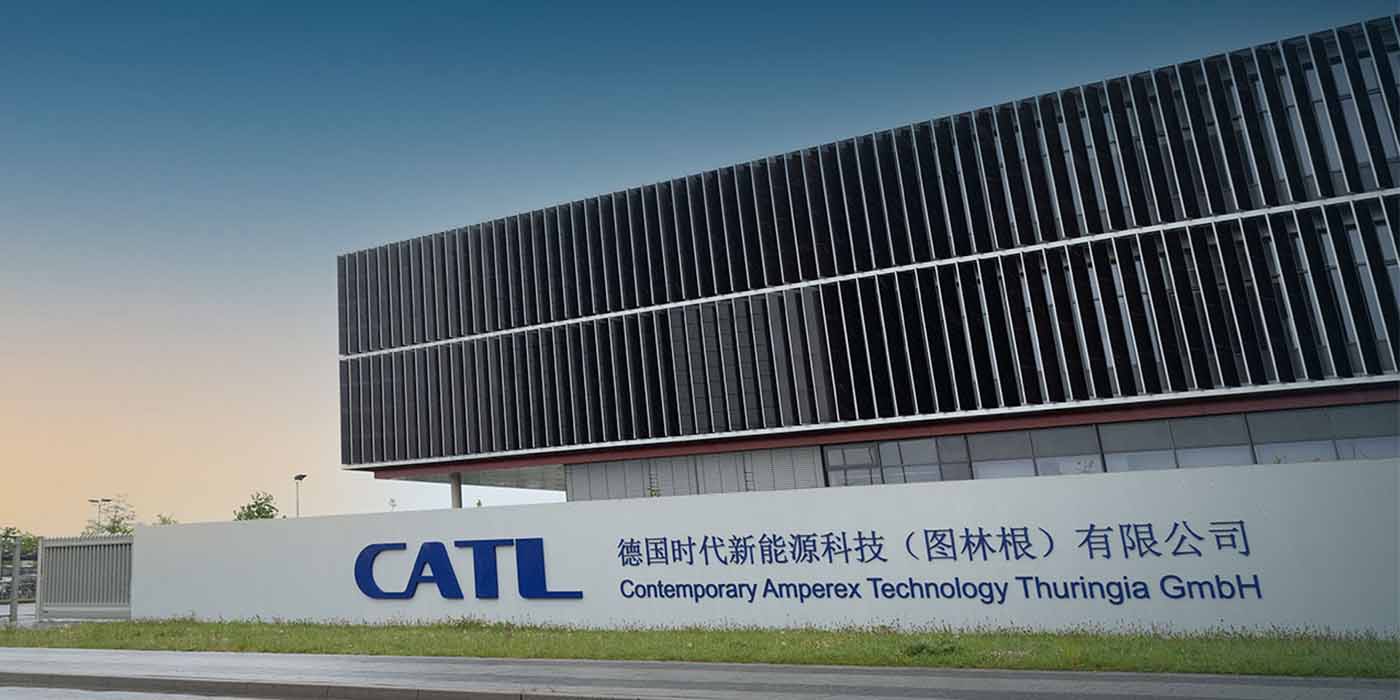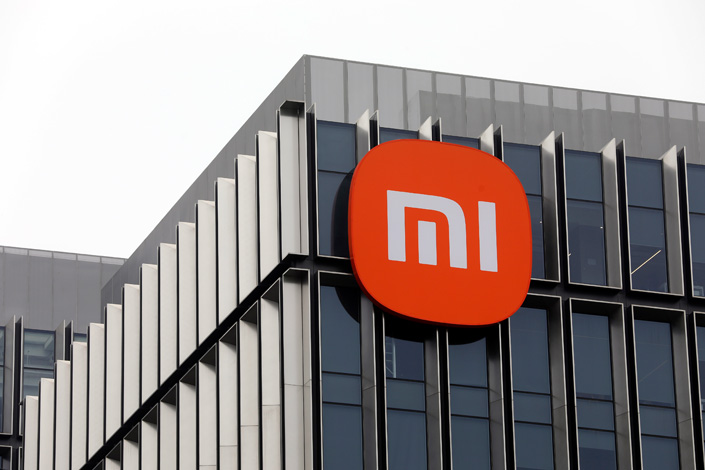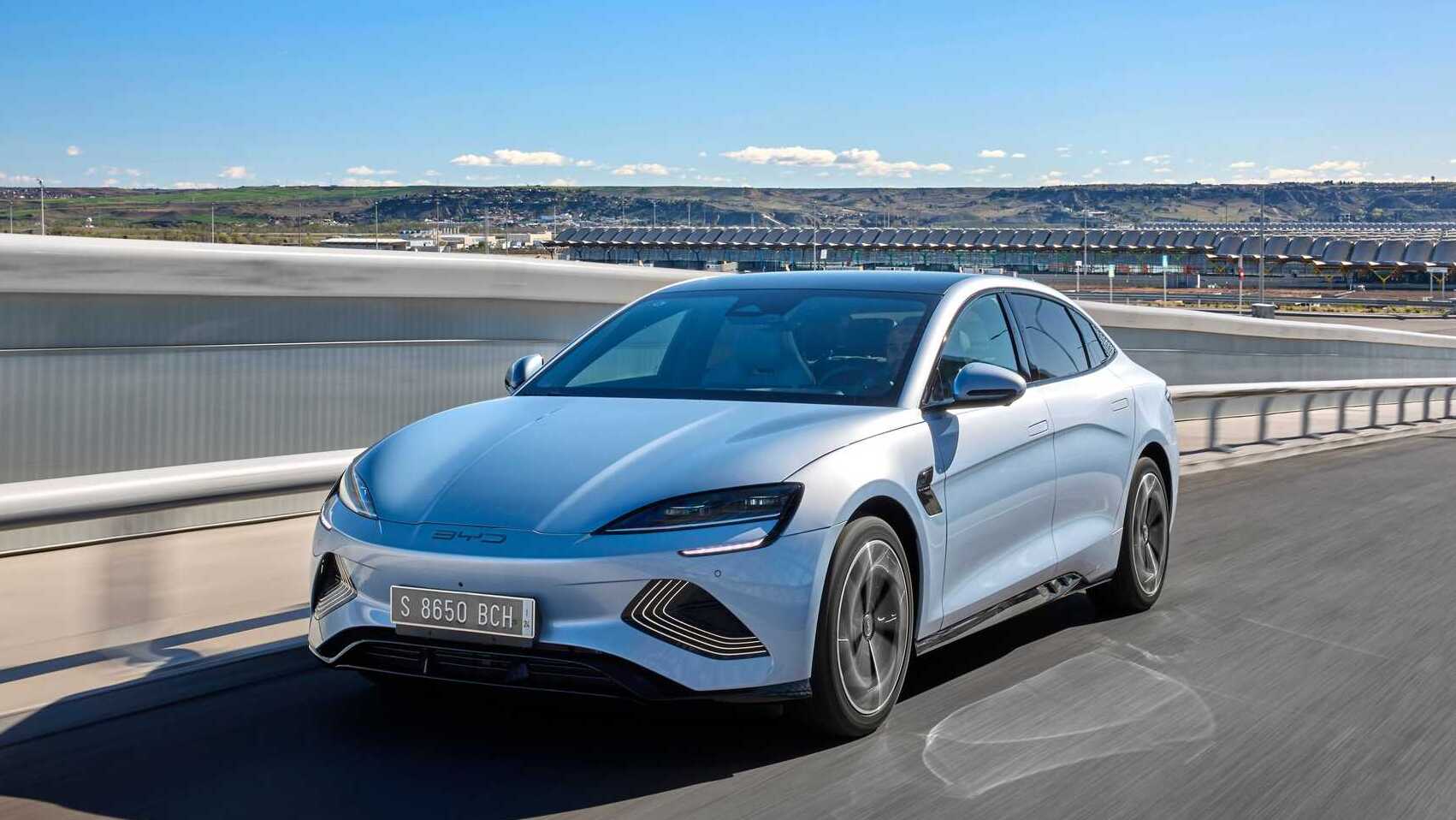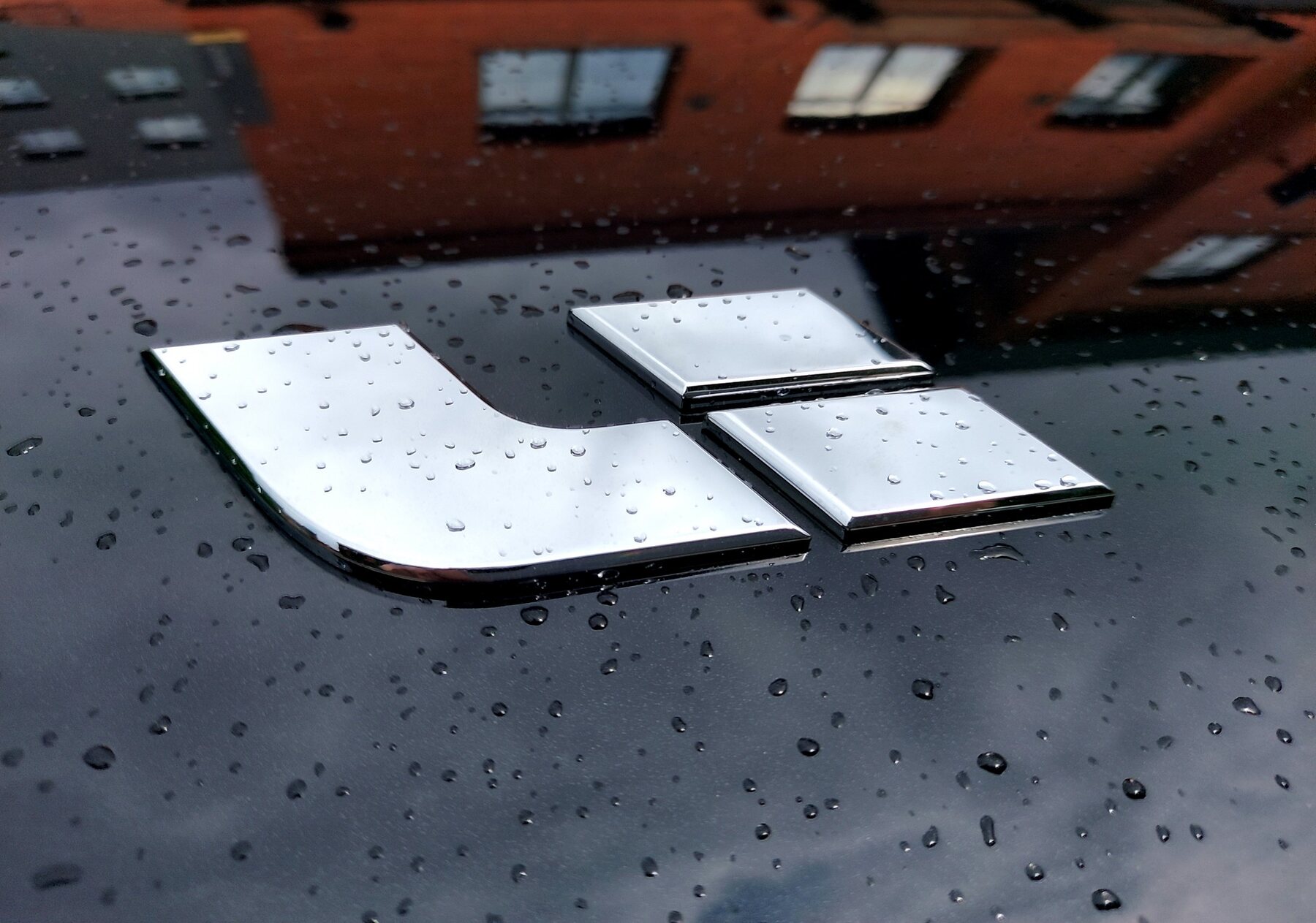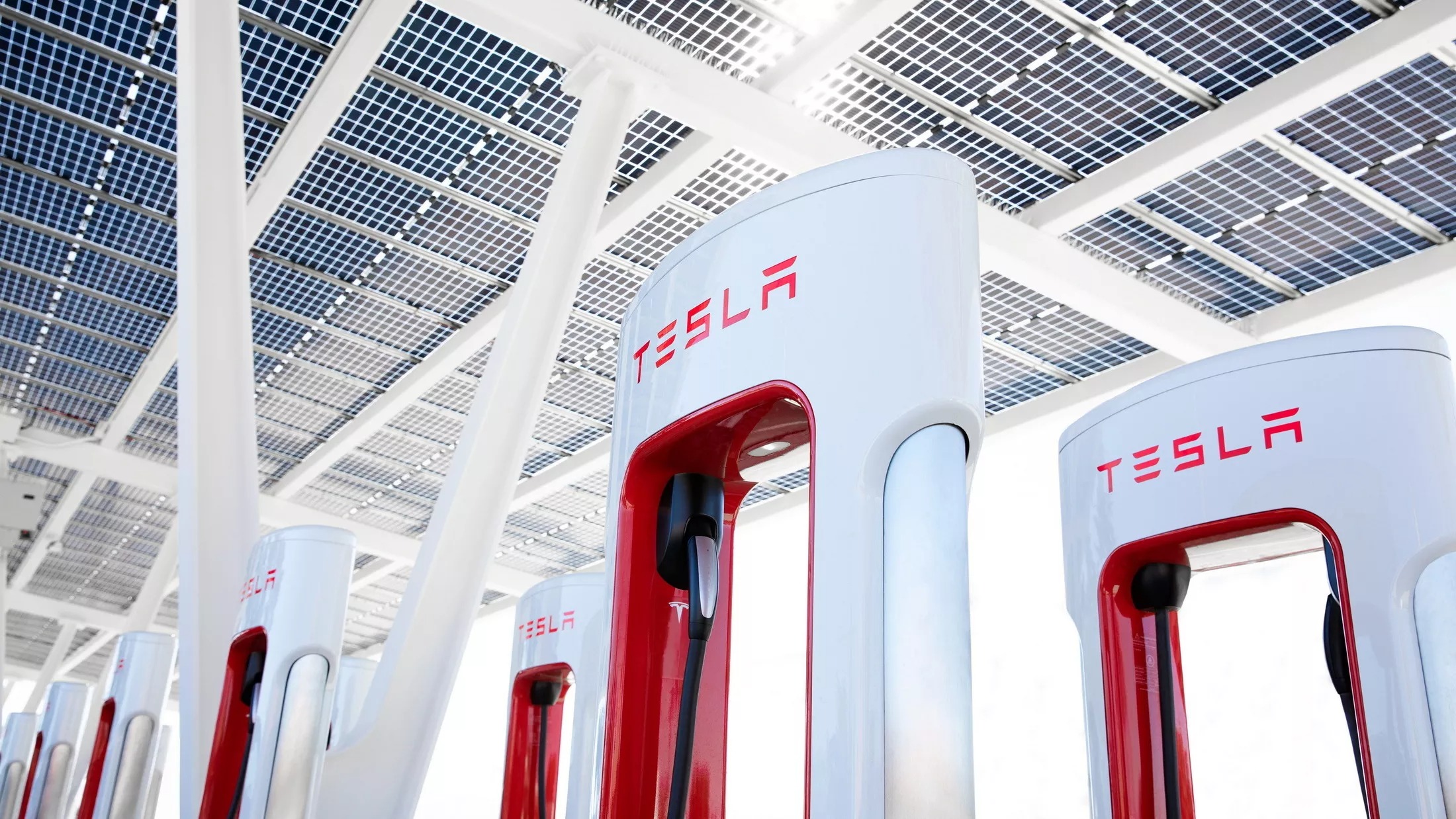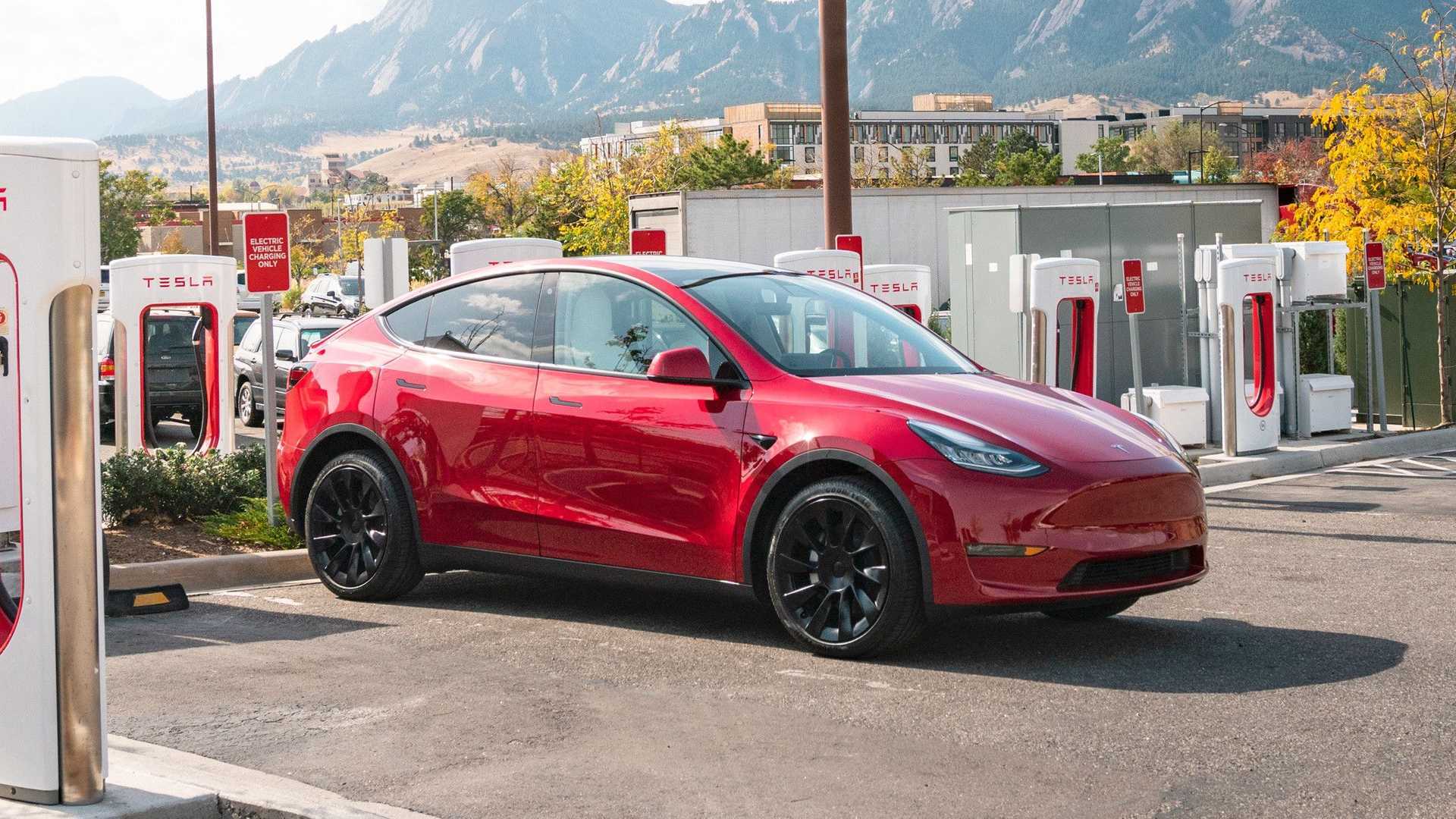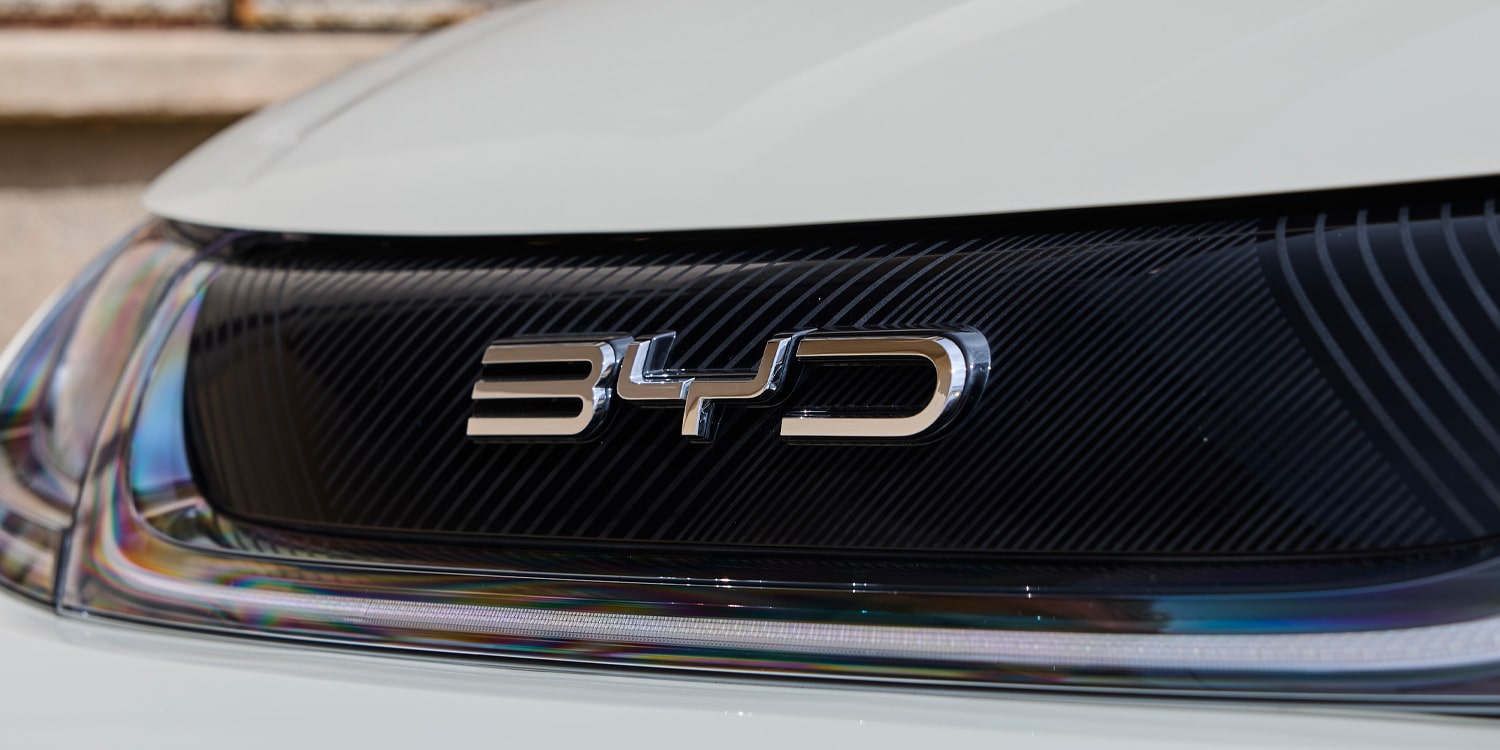Senator Joe Manchin, Chair of the Senate Energy Committee, has called on the U.S. Treasury to implement the “strictest possible standards” to prevent Chinese-produced minerals or Chinese battery companies from benefiting from electric vehicle (EV) tax credits. In a letter addressed to Treasury Secretary Janet Yellen on Monday, Manchin expressed concerns about reports indicating that Chinese battery firms are actively seeking opportunities to leverage these tax credits, emphasizing that U.S. incentives should not be susceptible to exploitation by adversaries engaging in “mineral laundering.”
The Inflation Reduction Act, passed by Congress in 2022, prohibits $7,500 in future consumer EV tax credits if any battery components are manufactured or assembled by a “foreign entity of concern.” This legislation aims to reduce U.S. dependency on Chinese battery supply chains, with China currently accounting for a significant share of global cathode, anode, and lithium-ion battery cell production.
Automakers are awaiting detailed guidance from the Treasury on defining a “foreign entity of concern” as they make investment decisions regarding battery production for their electric vehicle transitions. These rules are set to take effect in 2024 for completed batteries and 2025 for critical minerals used in their production.
A spokesperson from the Treasury stated that as the clean energy market evolves, the department will continue to assess and address any national security concerns related to international and domestic supply chains.
Senator Manchin emphasized that the law does not allow for a “value-added test” exception and underscored the importance of avoiding rewarding bad actors through loose or deliberately weak interpretations. The guidance will play a crucial role in determining whether Ford Motor’s deal to license technology from Chinese battery manufacturer CATL for use in U.S. battery plants meets the Treasury’s standards to access tax credits. This arrangement has raised concerns among U.S. lawmakers.
In September, Ford put its planned $3.5 billion Michigan battery plant on hold, awaiting “final language” from the Treasury on whether batteries made using Chinese technology will qualify for tax credits. Senator Manchin urged Secretary Yellen to use the strictest metrics possible to prevent the potential laundering of minerals and materials from China or other nations of concern. The Chinese embassy in Washington did not provide an immediate comment on the matter.

